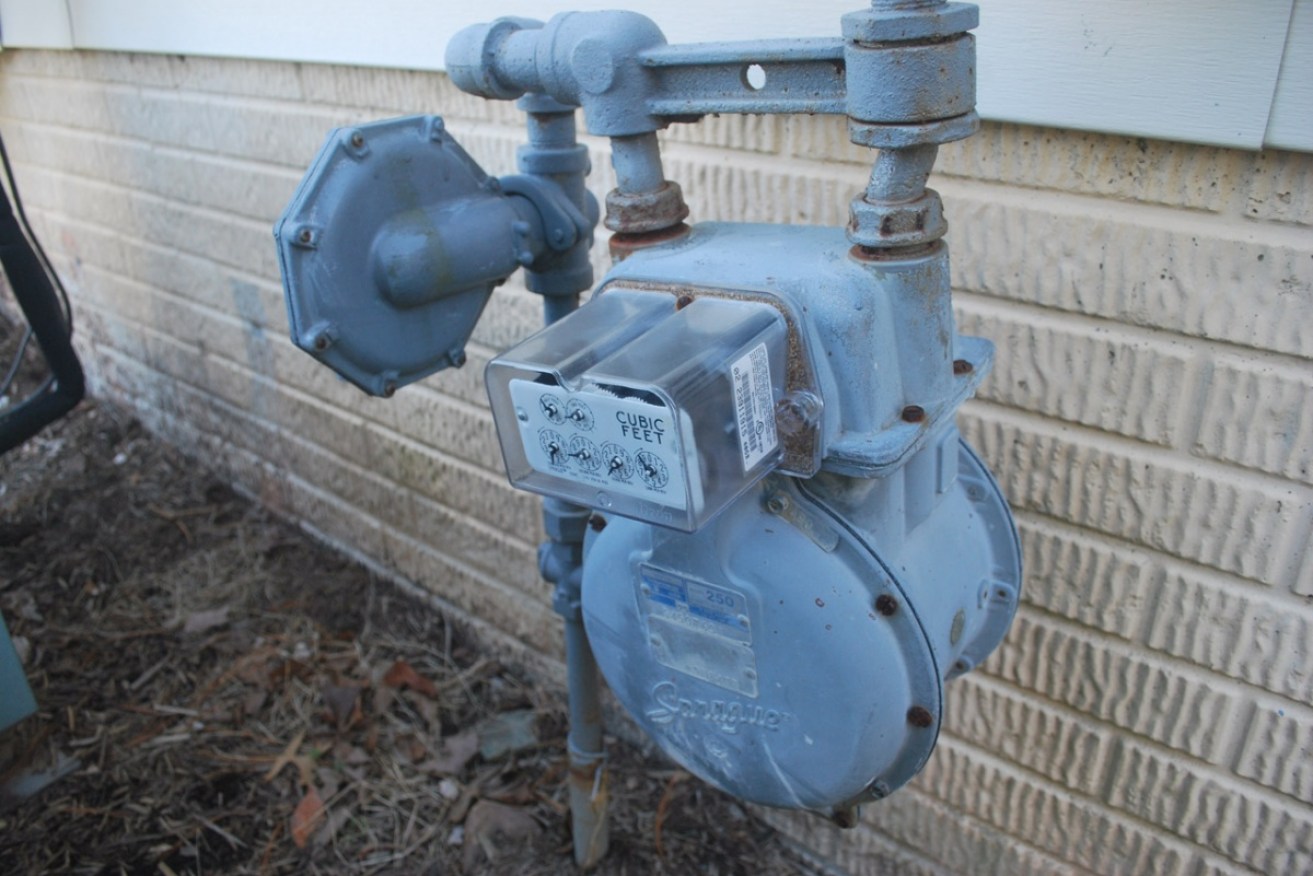NSW gas customers caught up in AGL billing debacle

AGL gas customers in NSW were forced to stump up additional cash to settle their accounts.
For the second day in a row, AGL is trying to quell outrage from customers who have been put out by the energy retailer’s unusual billing practices.
The New Daily can reveal that more customers – this time in New South Wales – have been hit with extra bills since early August.
AGL gas customers in NSW were forced to stump up additional cash to settle their accounts after the retailer slugged them twice within a single billing cycle.
On Thursday, The New Daily revealed details of a billing debacle in Victoria, which meant electricity customers in the northern suburbs of Melbourne were billed twice during a single billing period.
The company has since apologised to its Victorian customers.
However, after publication of our report, readers in NSW told us they also copped a follow-up slug.
AGL customers living in regions where Jemena operates as the gas distributor appear to have borne the brunt of the billing foul-up in NSW.
Readers who live in the Blue Mountains outside Sydney said they couldn’t work out what AGL was trying to achieve with its invoicing.
“They’ve been doing funny things with my gas bill – I’m supposed to be billed only each quarter,” one NSW reader told us.
“I went online and just couldn’t work out why there were additional bills sent to my account – it was difficult to follow what I needed to pay.”
According to data published by the Australian Energy Regulator in December last year, AGL is the dominant gas retailer in NSW supplying 54 per cent of the retail market.
AGL apologises to Victorian customers
While NSW customers wait for a response from AGL in relation to their billing woes, the company on Thursday said it regretted “processing errors” that caused Victorian electricity customers to be billed twice during August.
“We are aware that some AGL electricity customers on quarterly billing cycles, usually 90 days, were issued bills for shorter billing cycles in August,” the company told The New Daily.

AGL said it regretted “processing errors” in its bills
“This occurred due to an internal process error made by AGL when trying to cater for a change made by network distributors relating to the Next Scheduled Read Date for affected customers.
“AGL sincerely apologises for any inconvenience to our customers and confirms that the next quarterly bill cycle will revert to 90 days.”
Consumer advocates are urging customers experiencing billing problems to lodge formal complaints with their retailers and then progress them to industry resolution schemes if they are not properly dealt with.
“Anybody who experiences irregular billing cycles should call their retailers immediately,” said Gavin Dusty, the manager of policy at St Vincent de Paul.
“If they are unsatisfied with the response they get they should then contact the relevant ombudsman service in their state.
“The ombudsman service looks into complaints that retailers cannot resolve.”
Regulators asleep at the wheel
The New Daily put a list of questions to national and state regulators about whether they intended to investigate the systemic issues relating to billing in the energy industry.
Neither the Australian Energy Regulator nor Victoria’s Essential Services Commission – the regulators responsible for investigating systemic problems in the energy industry – were able to answer the questions in time for this article.
A leading consumer advocate who requested anonymity said the level of non-compliance throughout the electricity industry was of such a scale that regulators would be putting the financial stability of the sector at risk if they took a hard line on consumer protection.

Consumer advocates urge customers with billing problems to lodge formal complaints with retailers. Photo: Rutledge AV
“The truth is the national regulator is conflicted in its responsibilities between maintaining the economic viability of the industry and protecting retail users,” the advocate said.
“For many years now, the protection of consumers has taken a back-seat.
“In the case of smart meters in Victoria we’re now learning that the needs and interests of consumers was an afterthought of policy makers.”
The introduction of smart meters has also created an incentive for energy retailers to shorten the billing cycle of users.
In cases where consumers refuse to move to shorter billing periods, it seems that lax regulation has given retailers more scope to arbitrarily vary billing periods.
*The New Daily has sought comment from AGL regarding the billing issues in NSW.








